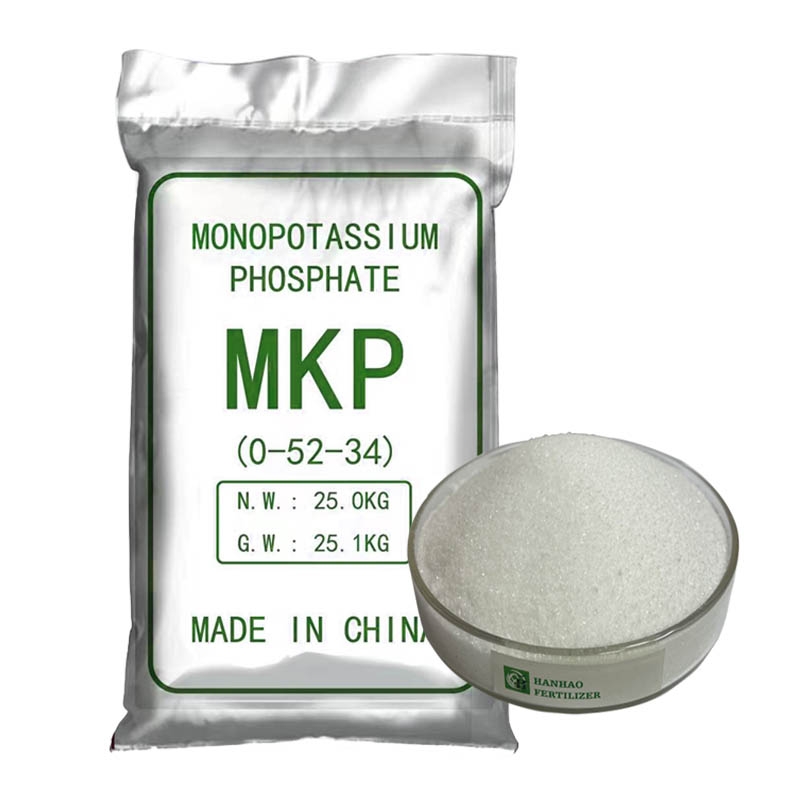
Nov . 21, 2024 09:34 Back to list
best organic fertilizer for vegetables
Best Organic Fertilizer for Vegetables
Gardening enthusiasts and home vegetable growers alike often seek the best ways to nourish their plants. Organic farming has gained popularity in recent years, not only for its environmental benefits but also for the health advantages it offers in producing chemical-free food. Choosing the right fertilizer is crucial for maximizing growth, ensuring quality yields, and maintaining soil health. In this article, we will explore some of the best organic fertilizers for vegetables and how to effectively use them.
Understanding Organic Fertilizers
Organic fertilizers are derived from natural sources such as plants, animals, and minerals. Unlike synthetic fertilizers, which can lead to soil degradation and environmental harm, organic options improve soil structure, enhance microbial activity, and promote sustainable farming practices. They release nutrients slowly, ensuring that plants receive a steady supply over time.
Types of Organic Fertilizers
1. Compost Compost is one of the most popular organic fertilizers. It consists of decomposed organic matter, such as kitchen scraps and yard waste. When added to the soil, compost improves its structure, promotes healthy microbial life, and supplies a broad spectrum of nutrients. Incorporating compost into your vegetable garden can enhance the overall fertility of the soil.
2. Manure Animal manure—be it chicken, cow, or horse—is rich in nutrients essential for healthy plant growth. However, fresh manure can be too strong and may contain pathogens. For this reason, it is best to use well-rotted manure or aged manure. This not only reduces the risk of burning plants but also ensures that nutrients are more readily available.
3. Bone Meal Bone meal is a fantastic organic phosphorus source. Phosphorus is vital for root development, flowering, and fruiting. If you’re growing vegetables like tomatoes and peppers that require a boost during their initial growth stages, bone meal can be an effective addition. When using bone meal, it should be applied sparingly, typically at planting time or as a side dressing.
4. Fish Emulsion Fish emulsion is a liquid organic fertilizer made from fish by-products. It is high in nitrogen, making it beneficial for leafy green vegetables such as lettuce and spinach. To use fish emulsion effectively, dilute it with water as per the instructions and apply it during the growing season to boost nutrient availability.
best organic fertilizer for vegetables

5. Kelp Meal Another excellent organic option is kelp meal, derived from seaweed. Kelp contains a host of micronutrients and hormones that promote plant growth and resilience against diseases. It’s especially beneficial in improving overall plant health, root development, and stress tolerance. Kelp meal can be used as a soil amendment or as a foliar spray.
6. Cover Crops Although not a traditional fertilizer, growing cover crops—such as clover or vetch—can significantly improve soil fertility. These plants fix nitrogen in the soil and increase organic matter when turned under. Using cover crops helps enhance soil structure, prevent erosion, and suppress weeds while adding nutrients for the next crop cycle.
Application Techniques
The application of organic fertilizers can vary based on the type and the needs of the plants. Here are a few tips for effective use
- Timing Apply fertilizers at the right time. For instance, compost can be added to the soil before planting, while liquid fertilizers like fish emulsion may be used during the growing season when plants require more nutrients.
- Testing Soil Before applying organic fertilizers, consider testing your soil to determine its nutrient content. This will help ensure that you are adding only what is needed, preventing nutrient imbalances.
- Moderation Organic fertilizers are generally safer and less likely to burn plants, but they should still be applied in moderation. Over-fertilizing can lead to excessive nitrogen levels, encouraging lush foliage at the expense of fruit development.
Conclusion
When it comes to growing healthy vegetables, using the best organic fertilizers can make a significant difference. Each type of organic fertilizer has its benefits and ideal applications. By understanding the specific nutrient requirements of your vegetables and employing these organic options, you can cultivate a thriving garden while also contributing positively to the environment. Embrace the benefits of organic gardening and enjoy the rich, nutritious produce that comes from your efforts!
-
10 10 10 Fertilizer Organic—Balanced NPK for All Plants
NewsJul.30,2025
-
Premium 10 10 10 Fertilizer Organic for Balanced Plant Growth
NewsJul.29,2025
-
Premium 10 10 10 Fertilizer Organic for Balanced Plant Growth
NewsJul.29,2025
-
Premium 10 10 10 Fertilizer Organic for Balanced Plant Growth
NewsJul.29,2025
-
50 Pound Bags of 13-13-13 Fertilizer for All Plants – Bulk & Organic Options
NewsJul.28,2025
-
High-Efficiency 15-30-15 Granular Fertilizer for Healthy Crops
NewsJul.28,2025
